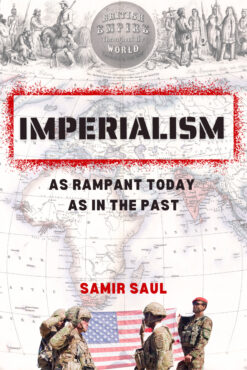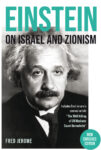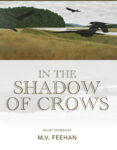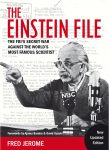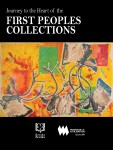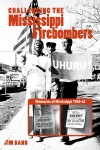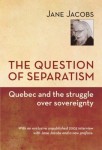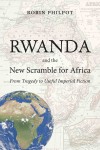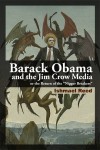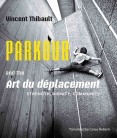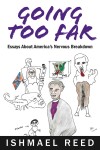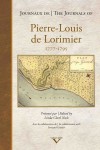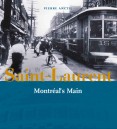Description
SEPTEMBER 2025. PRE-ORDER NOW.
2024 is not 1914. Yet, while much has changed since the first world war, the global state of imperialism has not significantly altered. Unlike a hundred years ago, this is no longer a situation of relatively equal adversaries facing off against each other. Rather, we live in a world where one hegemonic power––the USA––is trying desperately by and all means to cling to its world-wide domination, exercising hegemony over all.
No other country, including China and Russia, has either the will or the capacity to replace it. Herein lies the source of the major tensions and conflicts in the world today. Imperialism proposes a new interpretation of contemporary imperialism. Highlighting its historical continuity, Samir shows how crucial the past is to understanding what is happening today.
Since the fall of the Soviet Bloc, the term “imperialism” has largely disappeared from public discourse, but reality is forcing it back.
Imperialism proposes a new understanding of imperialism. Highlighting its historical continuity, Saul shows how crucial the past is to understanding what is happening today.
 Samir Saul is a full professor of international history at the Université de Montréal. He has taught and supervised many graduate students for over three decades, with a concentration on modern France and the Arab world. He did his doctorate in history at the Université de Paris. Along with dozens of scholarly articles and as many on current world problems for a larger public, he has published two major studies entitled La France et l’Égypte de 1882 à 1914. Intérêts économiques et implications politiques (Paris, 1997) and Intérêts économiques français et décolonisation de l’Afrique du Nord (1945-1962) (Paris, 2016). He is also co-editor of Méditerranée, Moyen-Orient : deux siècles de relations internationales (Paris, 2003). This is his first book to appear in English.
Samir Saul is a full professor of international history at the Université de Montréal. He has taught and supervised many graduate students for over three decades, with a concentration on modern France and the Arab world. He did his doctorate in history at the Université de Paris. Along with dozens of scholarly articles and as many on current world problems for a larger public, he has published two major studies entitled La France et l’Égypte de 1882 à 1914. Intérêts économiques et implications politiques (Paris, 1997) and Intérêts économiques français et décolonisation de l’Afrique du Nord (1945-1962) (Paris, 2016). He is also co-editor of Méditerranée, Moyen-Orient : deux siècles de relations internationales (Paris, 2003). This is his first book to appear in English.
Praise
“Samir Saul is one of the very best French-language specialists in international economic relations. He has chosen here to tackle a question that is still debated and that has lost none of its relevance, on the contrary: imperialism. If we weren’t convinced, this book leads us there. (. . . ) a powerful resource.” Dominique Barjot, Emeritus Professor of Economic History, Université Sorbonne
“Saul sheds new light on the changing face of imperialism through the ages, from primitive ancestral practices to its more covert contemporary forms in the guise of capitalism.” UdeM Nouvelles
Translated from the French by the author. Original title: L’impérialisme, passé et présent, Un essai (Les Indes savantes, 2023)
Visited 1489 times , 14 Visits today

